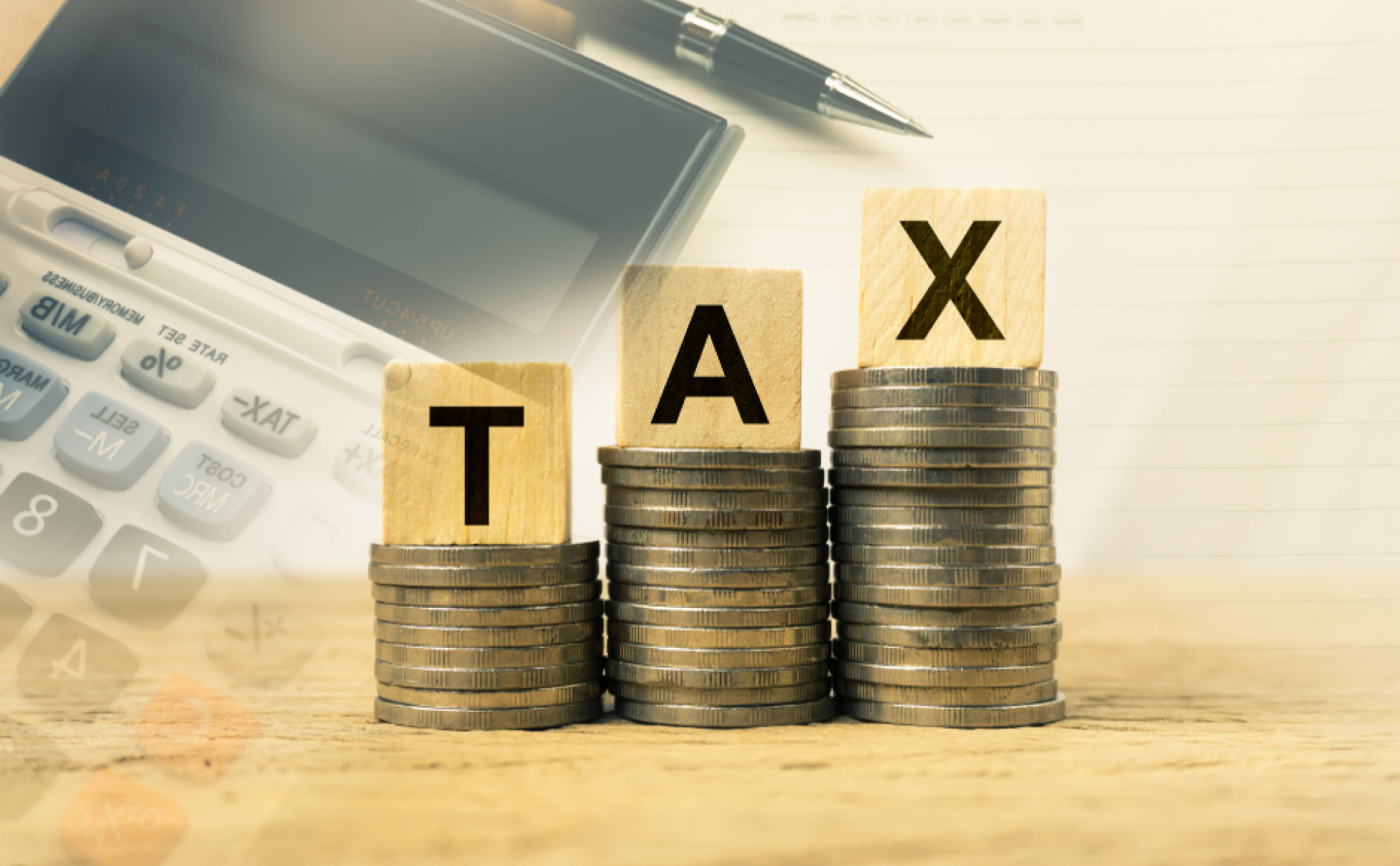PTBP Web Desk
All tax-related and financial cases will now be directly heard by divisional benches of the Lahore High Court (LHC) and Islamabad High Court (IHC). This restructuring aims to speed up the disposal of thousands of pending cases involving the Federal Board of Revenue (FBR) and ensure faster justice for taxpayers and businesses.
Previously, single benches of the LHC and IHC were authorized to hear such cases. Under the new directives, single benches will no longer handle tax or financial matters, including writ petitions. Instead, divisional benches—comprising two judges—will exclusively deal with these cases.
Tax experts and legal advisors have welcomed the decision, calling it a positive step toward reducing case backlogs and ensuring early resolution of disputes. According to senior tax and legal advisor Asif S. Kasbati, the new framework will not only provide speedy justice to taxpayers but also contribute to lowering the cost of doing business in Pakistan.
Kasbati, who is a member of the Institute of Chartered Accountants of Pakistan (ICAP) Fiscal Laws Committee, explained that writ petitions relating to tax and financial matters will now be heard by divisional benches of the two high courts. This structure means there will no longer be Intra-Court Appeals (ICAs) in such matters before a divisional bench, aligning the LHC and IHC system with that of the Sindh High Court (SHC).
The change comes following the 53rd meeting of the National Judicial (Policy Making) Committee (NJPMC), held on July 11, 2025. Pursuant to its decisions, the Chief Justices of Islamabad and Lahore High Courts issued formal notifications.
- The Islamabad High Court issued the order under Rule 158, Part B, Chapter 5 and Rule 40, Part F, Chapter 2 of the IHC Practice and Procedure Rules, 2025.
- The Lahore High Court issued its order under Rule-1 of Part-B, Chapter 3 and Rule 3, Part-II of Part J, Chapter-4 of the LHC Rules & Orders, Volume V.
As a result, all constitutional petitions related to tax and financial matters will be heard and decided exclusively by divisional benches.
The LHC order extends beyond Lahore to cover other benches, including Rawalpindi, Multan, and Bahawalpur. This ensures that taxpayers across Punjab will have their tax-related petitions heard at the divisional bench level, removing the possibility of inconsistent judgments between different benches of the same high court.
Kasbati further emphasized that this harmonization with SHC practices ensures uniformity in tax litigation procedures across Pakistan.
Legal experts believe that the shift to divisional benches offers multiple benefits:
- Faster Case Resolution – With divisional benches handling tax disputes, the judicial process will be streamlined, avoiding prolonged delays common in single bench appeals.
- Reduced Litigation Costs – Businesses and taxpayers will face lower legal costs as cases will be resolved faster, cutting down on years of appeals and adjournments.
- Improved Quality of Judgments – Having two judges deliberate on tax and financial disputes is expected to produce better, more balanced decisions.
- Direct Appeal to Supreme Court – Since intra-court appeals within LHC/IHC will no longer apply, disputed cases can directly proceed to the Supreme Court of Pakistan, reducing unnecessary delays.
Kasbati noted, “If judges with strong tax and financial law expertise are transferred to divisional benches, the quality of decisions will be significantly improved, as two heads are always better than one.”
The backlog of FBR-related cases in Pakistan’s higher judiciary has long been a bottleneck for businesses. Disputes ranging from tax assessments, refunds, audits, and penalties often remain unresolved for years, creating uncertainty for both the government and taxpayers.
This new policy shift is expected to not only clear pending cases more efficiently but also provide confidence to investors and businesses, as legal predictability and faster justice are crucial to improving the ease of doing business in Pakistan.
This decision highlights improved coordination between the judiciary and tax administration in Pakistan. The Federal Board of Revenue has been under increasing pressure to expedite litigation and resolve disputes that directly affect tax collection.
The role of the National Judicial (Policy Making) Committee was crucial in harmonizing rules across the high courts. By aligning the IHC and LHC with SHC’s model, Pakistan’s judicial system is taking steps toward uniform tax dispute resolution mechanisms.




